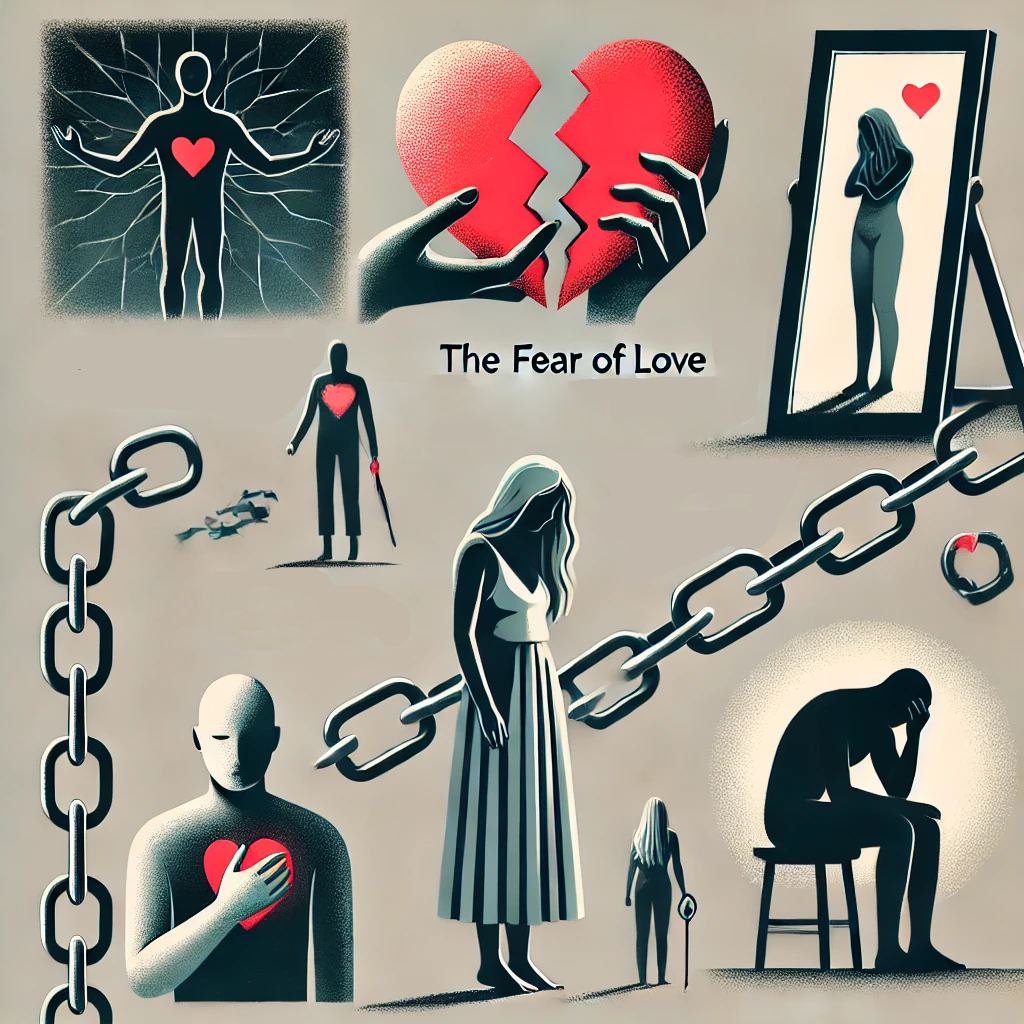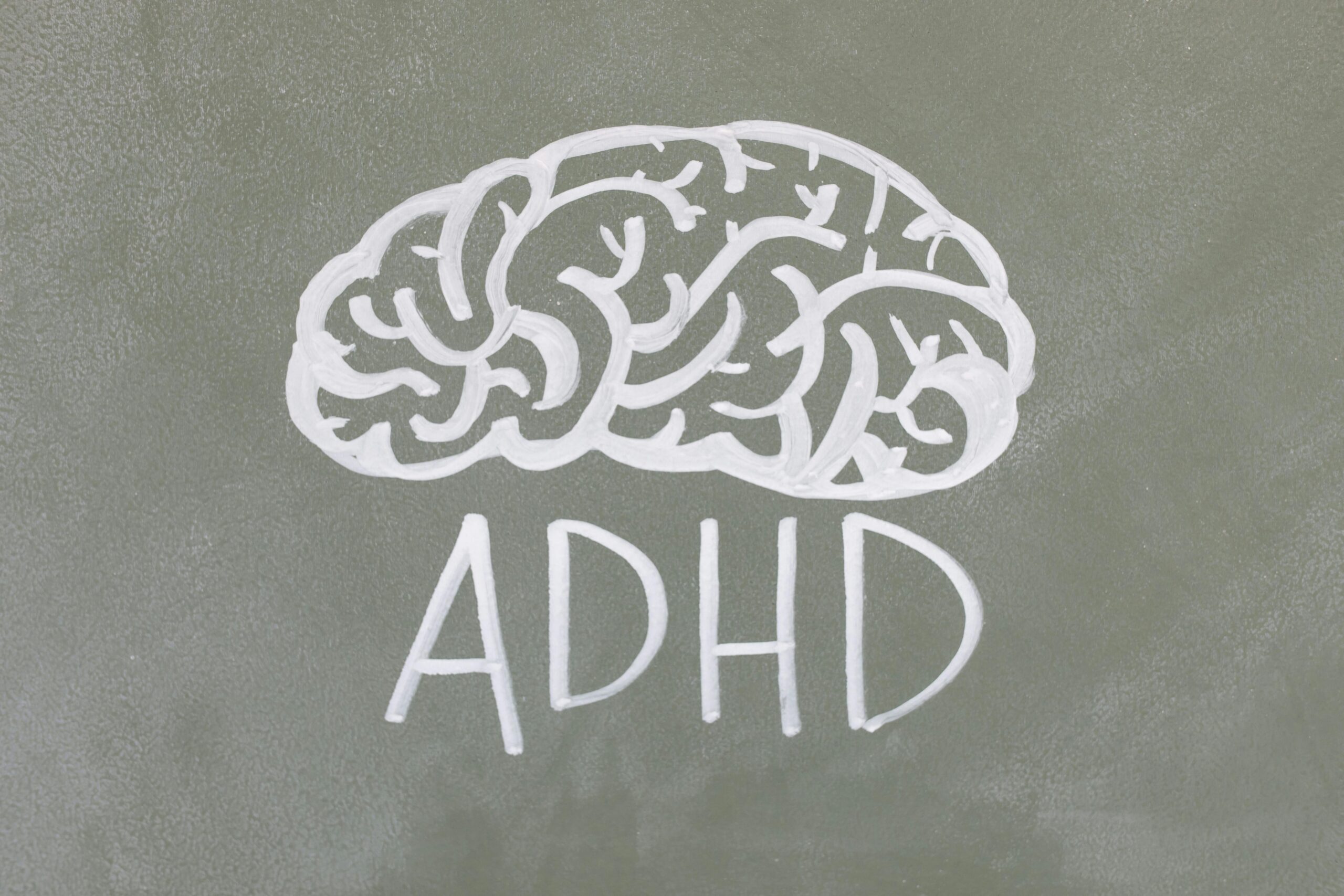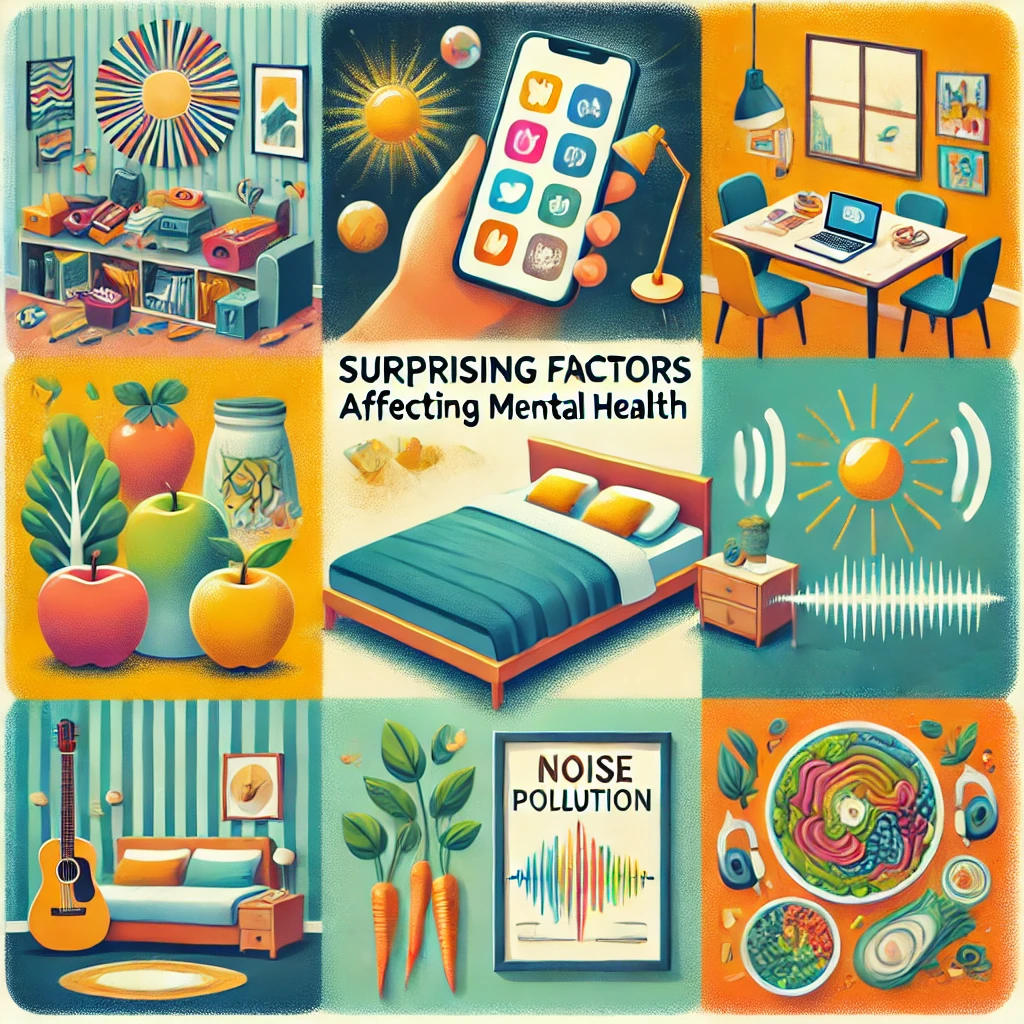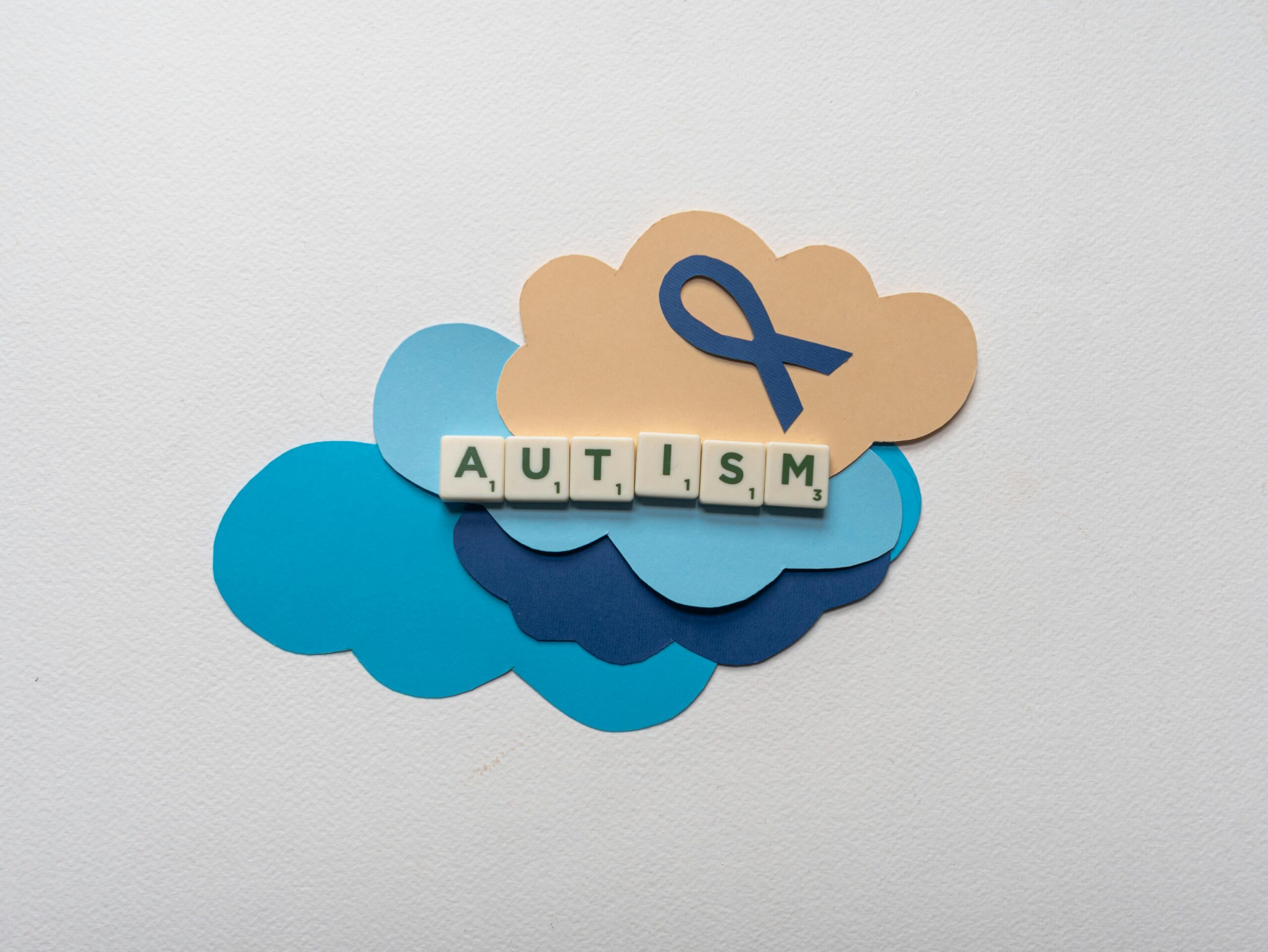Introduction to Living with Autism as an Adult
Living with autism as an adult can present unique challenges, but with the right strategies and support, it’s possible to lead a fulfilling and independent life. At SF Stress & Anxiety Center, we offer resources and guidance to help adults with autism navigate daily life, improve their social interactions, and manage their mental health effectively.
Developing Independent Living Skills
Independence is a key goal for many adults living with autism. This involves mastering daily living skills such as money management, personal hygiene, and household tasks. By focusing on these areas, you can build a foundation for a more autonomous life.
- Money Management: Learning to budget and handle finances is crucial. Consider using apps or visual tools to keep track of expenses and manage your budget effectively.
- Personal Hygiene: Establishing a routine for personal care is essential for maintaining health and well-being. Use checklists or schedules to ensure consistency.
- Household Tasks: Breaking down chores into manageable steps can make them less overwhelming. Tools like visual schedules or reminders can help you stay on top of tasks.
Enhancing Social Interactions and Communication
Social interactions can be challenging for autistic adults due to difficulties in understanding social cues and maintaining conversations. However, with practice and the right strategies, these challenges can be managed.
- Understanding Social Cues: Learning to recognize and interpret social cues, such as body language and tone of voice, is essential. Role-playing and social stories can be helpful tools.
- Communication Skills: Practice clear and direct communication. It may also be beneficial to prepare topics of conversation or questions in advance to ease anxiety in social situations.
- Building Relationships: Focus on finding common interests with others. Joining support groups or communities for adults with autism can provide a safe space to connect with others who share similar experiences.
At SF Stress & Anxiety Center, we offer resources and support to help you enhance your social skills and build meaningful relationships.
Managing Mental Health and Well-Being
Mental health is a critical aspect of living with autism. Many adults with autism experience anxiety, depression, or other mental health challenges. Addressing these issues is essential for overall well-being.
- Anxiety Management: Techniques such as mindfulness, deep breathing exercises, and structured routines can help manage anxiety. Consider speaking with a mental health professional for tailored strategies.
- Depression Support: If you’re experiencing symptoms of depression, it’s important to seek help. Therapy, medication, and lifestyle changes, such as regular exercise and healthy eating, can make a significant difference.
- Self-Care: Regular self-care activities, including hobbies, exercise, and relaxation techniques, are vital for maintaining mental health. Finding activities that you enjoy and that provide a sense of accomplishment can boost your mood and overall well-being.
SF Stress & Anxiety Center offers comprehensive mental health services, including therapy and counseling, tailored to the needs of adults with autism.
Embracing a Supportive Community
Living with autism doesn’t mean you have to do it alone. Building a supportive network of family, friends, and professionals can provide the encouragement and assistance you need to thrive.
- Support Groups: Joining a support group for adults with autism can provide valuable connections and shared experiences. It’s an opportunity to learn from others and offer your insights.
- Professional Support: Engaging with professionals who understand autism, such as those at SF Stress & Anxiety Center, can provide the guidance and resources needed to navigate daily challenges.
- Family and Friends: Don’t hesitate to lean on family and friends for support. Educate them about autism and how they can best support you in your journey.
Living Your Best Life with Autism
Living with autism as an adult comes with its own set of challenges, but with the right strategies and support, it’s possible to lead a fulfilling and independent life. At SF Stress & Anxiety Center, we’re here to support you every step of the way, providing the resources and guidance you need to thrive.











